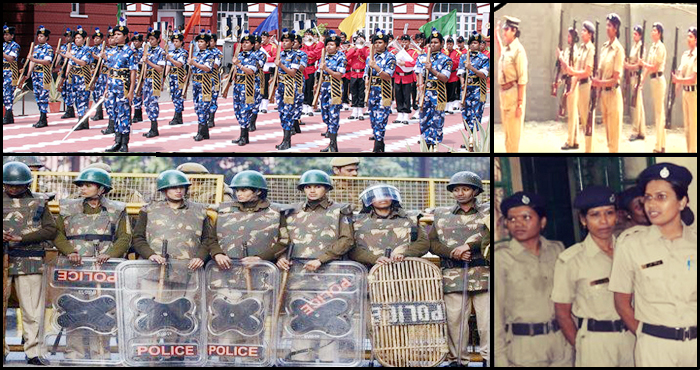Full Transcript
Deputy Speaker Sir,
Desmond Doig, the famous journalist who lived in Kolkata and spent most of his time in Kathmandu in Nepal – he died many years ago – remembered the country for the comforting vision of Nepal with its emerald fields and terracotta huts and purple rain. In the last two days what we saw was anything but comforting.
On behalf of everyone in the country, as well as West Bengal, where we had casualties, we convey our deepest sympathies to the families of those who lost their lives.
Sir, for such a situation like this, our belief is that, the formula has to be PIC – Preparedness, Infrastructure and Communication. Since it is a different country, I should not comment on infrastructure. We should also prepare ourselves for facing disasters like these.
From an Indian point of view, our learning yesterday was, whether it was central government or the state government – governments of UP, Bengal and Bihar – the communication was very, very strong. Whether it was the Chief Minister of Bengal or the Prime Minister’s Office or other offices, communication went out well.
It is my duty to inform this House what happened in Bengal in terms of rescue. The disaster management teams were monitoring the situation. Everyone forgot about the local municipal elections. The administration was very focussed on the rescue efforts.
Disaster management meetings were chaired by the Chief Minister and the teams went out that evening. Everyone was very concerned. 15 mountaineers from Bengal came back safely.
Yesterday the Chief Minister of Bengal was in north Bengal, monitoring the situation. She had the opportunity to meet the families of those who had lost their lives.
The communication efforts, the disaster management efforts, specially up in north Bengal – Siliguri, Jalpaiguri, Darjeeling – were very well handled. In these situations, we always look up to the Army, Navy and the Air Force. They must also be congratulated.
I want to end with a suggestion, Sir. The National Disaster Management Authority (NDMA) was dissolved. Not that having an NDMA would have solved the earthquake problem, but out of a board of 12 odd members, only three members have been appointed so far. My humble suggestion to the government is not to keep those seats vacant.
Our prayers and thoughts are with the people of Nepal and the people of the States which are affected.

